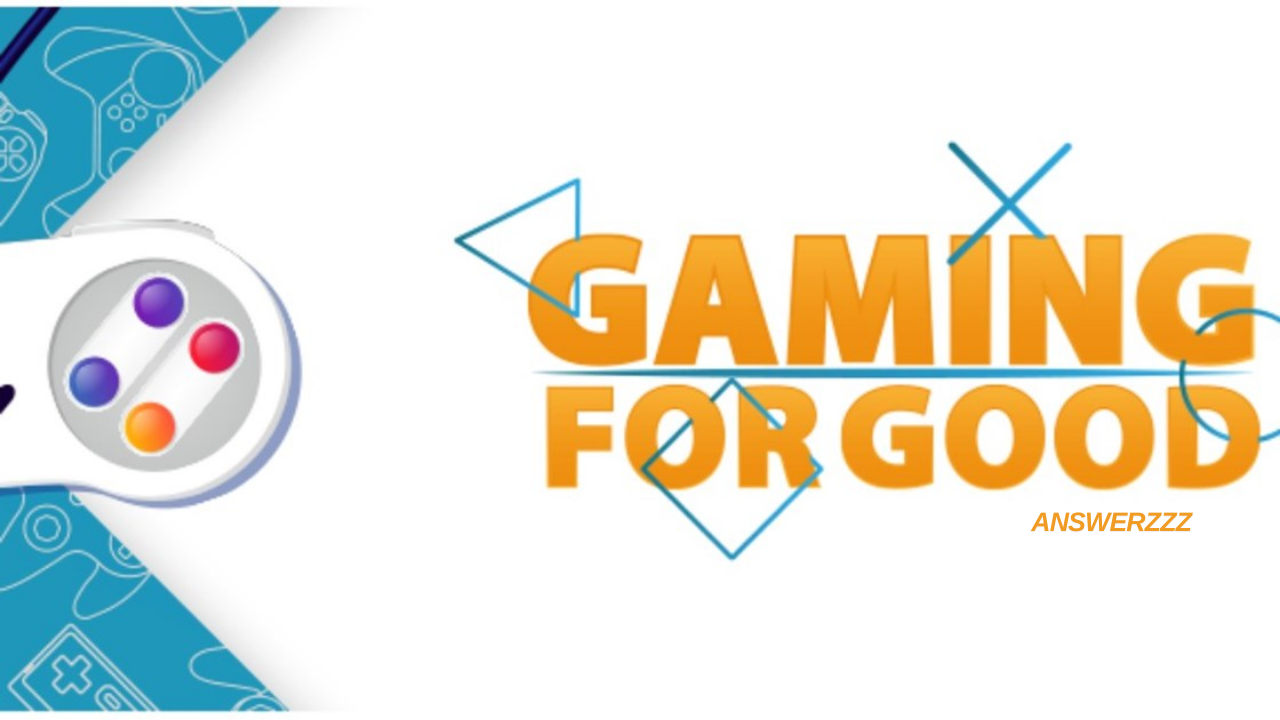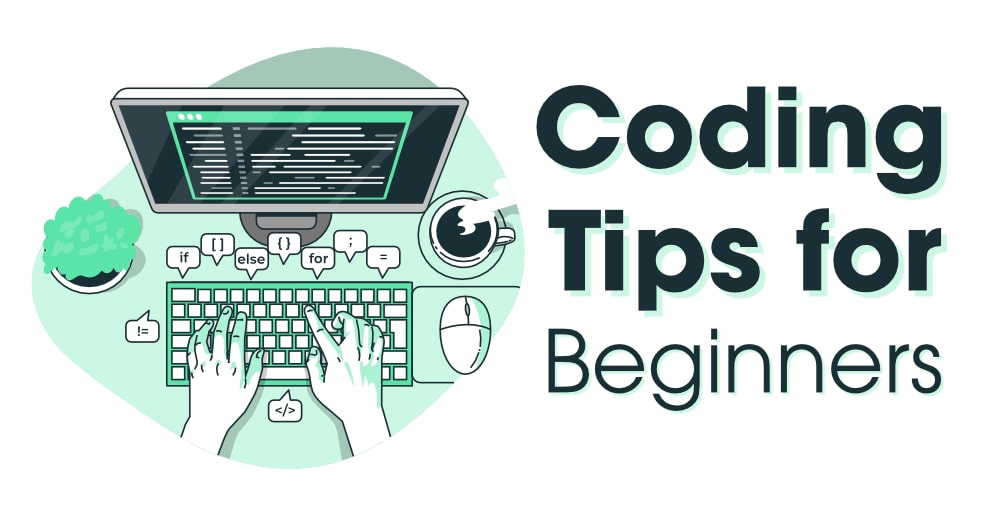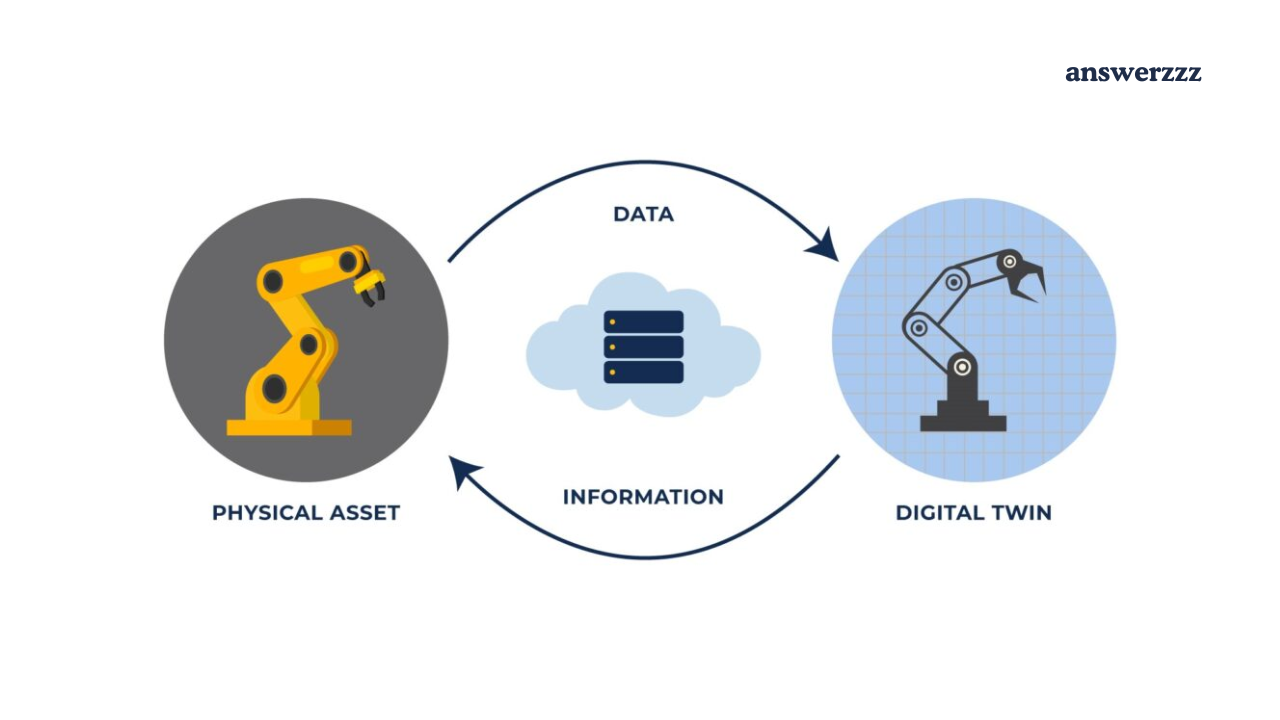Video games have often been perceived merely as a source of entertainment, but in recent years, they have increasingly been recognized for their potential to promote learning and develop essential skills. From enhancing cognitive abilities to fostering social connections and encouraging creativity, the educational benefits of video games are vast and varied. In this article, we will explore how video games are being harnessed to promote learning and skills across different domains, including education, social development, and professional training.
1. The Rise of Educational Games

Educational games, often referred to as “edutainment,” have become a significant genre within the gaming industry. These games are designed to combine entertainment with educational content, making learning enjoyable and engaging. Examples of popular educational games include:
a. Minecraft: Education Edition
Minecraft is a sandbox game that allows players to build and explore virtual worlds. In its educational version, teachers can create lessons that incorporate elements of math, science, history, and art. The game’s open-ended nature encourages creativity and problem-solving, making it an ideal tool for educators looking to engage students in a hands-on learning experience.
b. Kahoot!
Kahoot! transforms traditional quizzes into interactive games that can be played in classrooms or at home. This platform promotes active learning and collaboration among students, allowing them to compete in real time while reinforcing knowledge through fun and engaging gameplay.
c. Prodigy Math
Prodigy Math is a game-based learning platform that uses a role-playing game (RPG) format to teach math concepts to students in grades 1-8. Players progress through quests and challenges while solving math problems, making the learning process more enjoyable and less intimidating.
These educational games not only reinforce academic content but also help develop critical thinking, collaboration, and time management skills.
2. Enhancing Cognitive Skills Through Gaming
Video games are known for their capacity to enhance various cognitive skills. Numerous studies have shown that playing video games can lead to improvements in areas such as problem-solving, memory, and spatial awareness.
Wearable Technology: Monitoring Health and Safety for Children
a. Problem-Solving Skills
Many video games require players to navigate complex scenarios and make quick decisions to progress. Puzzle games like Portal and strategy games like StarCraft challenge players to think critically and develop strategies to overcome obstacles. Research has shown that playing these types of games can enhance players’ problem-solving skills, allowing them to apply these skills in real-life situations.
b. Memory Improvement
Games that require players to remember information, such as Memory Match or Simon, can improve memory retention. Additionally, action games like Call of Duty have been shown to enhance players’ working memory and visual-spatial skills, which can have a positive impact on other cognitive tasks.
c. Spatial Awareness
Spatial awareness is essential in various fields, including science, engineering, and architecture. Games that involve navigation and exploration, such as The Legend of Zelda and No Man’s Sky, can improve spatial skills by requiring players to understand and manipulate three-dimensional spaces.
3. Fostering Social Skills and Collaboration
Video games can also play a significant role in developing social skills and promoting collaboration. Online multiplayer games provide a platform for players to connect, communicate, and work together towards common goals.

a. Teamwork and Communication
Games like Overwatch and League of Legends require players to work in teams, fostering communication and collaboration. Players must strategize and coordinate their efforts to succeed, which can translate into improved teamwork skills in real-life situations, such as in the workplace.
b. Building Empathy and Social Awareness
Narrative-driven games like Life is Strange and The Last of Us immerse players in emotionally charged stories that encourage empathy and understanding. By navigating complex social dynamics and making choices that affect characters’ lives, players can develop a deeper awareness of social issues and human emotions.
c. Creating Communities
Online gaming communities often serve as social hubs where players can form friendships and support networks. Platforms like Discord allow players to connect beyond the game, fostering a sense of belonging and camaraderie that can have a positive impact on mental health.
4. Supporting Mental Health and Wellbeing
The mental health benefits of gaming have gained attention in recent years, with many games designed to provide therapeutic experiences or promote relaxation and mindfulness.
a. Stress Relief and Relaxation
Casual games like Animal Crossing: New Horizons and Stardew Valley provide players with calming environments and low-stress gameplay. These games can serve as a form of escapism, allowing players to unwind and recharge after a long day. Research suggests that engaging in these types of games can lead to reduced stress levels and improved mood.
b. Therapeutic Applications
Games like Journey and Celeste have been recognized for their potential to address mental health issues. Celeste, in particular, addresses themes of anxiety and depression, allowing players to confront and reflect on their emotions. Such games can be used as therapeutic tools, helping individuals process their feelings and experiences in a safe environment.
c. Mindfulness and Focus
Games that emphasize mindfulness, such as Flower and The Endless Forest, encourage players to engage with their surroundings and focus on the present moment. These experiences can enhance mindfulness skills, which are linked to improved mental health and emotional regulation.
Safe Social Media Platforms: Connecting Kids and Families Online
5. Professional Development and Training
Video games are increasingly being used in professional development and training programs across various industries. The immersive nature of games can provide valuable simulations and training experiences.
a. Simulation Training
Games like Surgeon Simulator and Flight Simulator offer realistic training environments for medical professionals and pilots, respectively. These simulations allow trainees to practice their skills in a risk-free setting, leading to improved performance and confidence in real-world situations.
b. Soft Skills Development
Many organizations are leveraging gamification to enhance employee training programs. Platforms like Mursion use virtual reality to simulate difficult conversations and scenarios, allowing employees to practice soft skills such as communication, negotiation, and conflict resolution in a controlled environment.
c. Data Analysis and Decision-Making
Data-driven games like SimCity and Cities: Skylines can help professionals develop analytical skills and strategic thinking. Players must analyze data and make informed decisions to manage resources effectively, a skill applicable in fields such as business and urban planning.
6. Promoting STEM Learning Through Gaming

Video games have become a powerful tool for promoting STEM (Science, Technology, Engineering, and Mathematics) education. By integrating educational content into gameplay, developers can inspire the next generation of innovators and problem solvers.
a. Coding and Programming
Games like CodeCombat and Roblox allow players to learn coding and programming concepts through gameplay. By creating their games or modifying existing ones, players develop valuable technical skills while having fun.
b. Scientific Exploration
Games like the Kerbal Space Program enable players to design and launch rockets, providing a hands-on approach to learning about physics and engineering. This experiential learning helps students engagingly understand complex scientific concepts.
c. Mathematics and Logic
Math-based games such as DragonBox and Prodigy Math reinforce mathematical concepts through interactive gameplay. These games encourage students to practice problem-solving and critical thinking in a fun and motivating environment.
7. Addressing Social Issues Through Gaming
Many video games address important social issues, encouraging players to think critically about real-world problems and inspiring them to take action.
a. Raising Awareness
Games like Papers, Please and This War of Mine tackle themes of immigration, war, and human rights, providing players with insights into complex social issues. By immersing players in these narratives, developers can foster empathy and understanding, encouraging players to engage with these topics beyond the game.
b. Encouraging Activism
Games like The Night Cafe and Sea of Solitude explore themes of mental health and loneliness, encouraging players to reflect on their own experiences and consider how they can contribute to positive change in their communities. By using gameplay as a platform for social commentary, developers can inspire players to become advocates for important causes.
The potential of video games to promote learning and skills is vast and multifaceted. From enhancing cognitive abilities to fostering social connections and addressing critical social issues, gaming has emerged as a powerful tool for education and personal development. As the gaming industry continues to evolve, we can expect to see even more innovative applications that harness the unique capabilities of video games for the greater good.
In an era where technology plays an increasingly significant role in our lives, embracing the educational potential of video games is essential. By leveraging their engaging and interactive nature, we can inspire a new generation of learners, critical thinkers, and compassionate individuals ready to tackle the challenges of tomorrow. As we continue to explore the intersection of gaming and education, one thing is clear: video games are not just a form of entertainment; they are a force for good.




